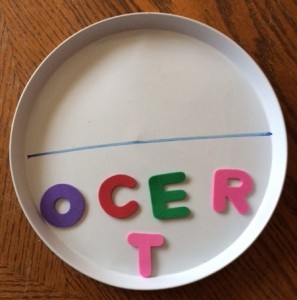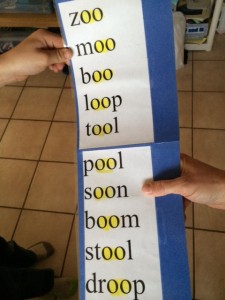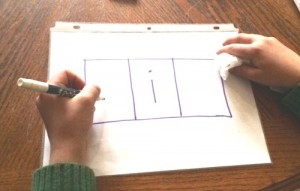My sister Kathi is the ultimate in a hostess. While she is thoughtful in preparing for guests every time someone visits, one visit in particular remains with me.
Many years ago my family traveled to spend a week with her family. With many children between the two couples, privacy is a luxury; and yet, Kathi assured that my husband and I had a bedroom respite to ourselves.
Not only were there fresh flowers in our room and chocolates on our pillows, but she’d placed lamps and candles to assure her oldest child’s bedroom felt like an oasis.
Kathi had chosen meals she knew we, in particular, would love and had special ordered the most decadent cake for me as we were there over my birthday.
Kathi certainly believes that Hospitality Really Does Matter and her loving care for others challenges me. I’m challenged this week in particular, in light of political questions over refugees and the homeless in America.
I love to do life with friends and family. Even through a renovation with sections of sheetrock missing and subfloors exposed, we enjoy having loved ones over for dinner and hosting our small group. That kind of hospitality is easy for me.
Upping the hospitality ante a bit, my family has considered fostering. I think our family would willingly share our things with and open our hearts to children in need. I think post-renovation it’s a real possibility for us.
Upping the hospitality ante even more would be opening our home to a family in need that we did not know.
I love that as I’ve been wrestling a bit with these ideas our morning Bible studies this past week have dug deep regarding hospitality and those who had the privilege of hosting Jesus.
It’s hard for me to wrap my mind around Jesus, The Messiah, being homeless. I wonder if my hospitality would extend to Him in the context of Americana today.
If Jesus, weary and dirty from the road, knocked on my door, or I noticed Him in the street in front of my home in the cold wind we’ve had this week, would I readily open my door and invite Him in? Or would I worry about my possessions or the safety of my family?
I don’t think I’d hesitate to give Him food, a blanket, gently used clothing, and a few dollars, but would I swing wide my door and sincerely say, “Come in and stay a while.” Would I offer my oldest child’s room to Him, make sure He had fresh flowers and chocolates on His nightstand, and order a decadent dessert for Him?
A book I read this week offers even more to chew on. I read about Holland’s National Socialist Bond (NSB). This group helped the Nazis control Holland and had quite literally been accomplices in the arrests of Corrie ten Boom’s family, the deaths of her father and sister, and Corrie’s abuse in Ravensbruck, a German concentration camp.
After the liberation of Holland, the members of the NSB were thrown out of their homes and were themselves abused by the majority who wanted retribution.
Knowing of the need, Corrie ten Boom gave her family home, the historic Beje and site of the ten Boom “Angel’s Den,” to men and women of the National Socialist Bond as a sanctuary.
Wow. Wow, wow, wow. I know that I wouldn’t walk away from my family’s home and give the keys to a group of people who had, three years prior, sent me to my death without hesitation. And I don’t know that I believe we should, but I am challenged to love those in need better than I currently do with Christ-like compassion.
As the recipient of lots of love and generosity through the years I know the blessing it is to receive. I hope you’ll join me in thinking through how to love in tangible ways, showing hospitality to those you love and those in need. Happy Thanksgiving!
Before you leave the site, follow my blog (top, right of this post). It’s quick and easy!
For more from Marea, check out Me and Thee Studios’ faith based leveled readers for 1st-2nd graders at http://www.meandtheestudios.com/early-reader-collection.html





